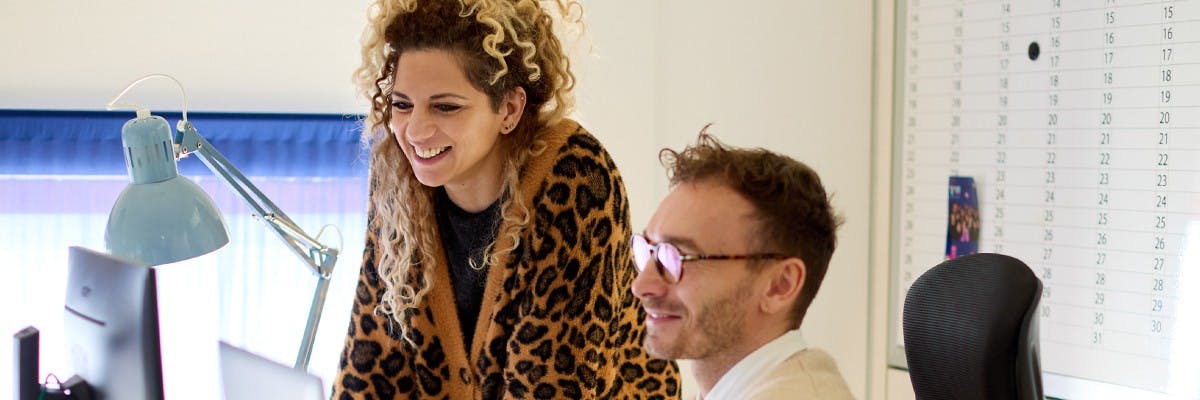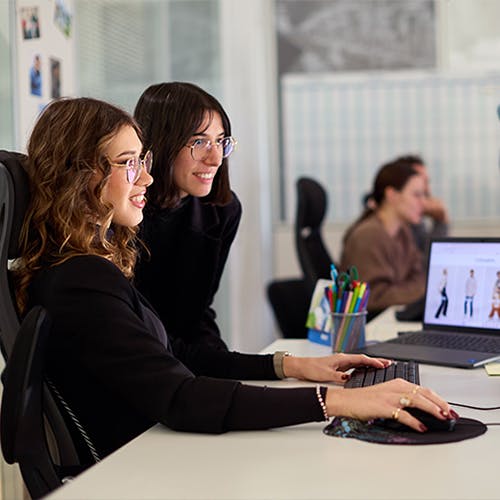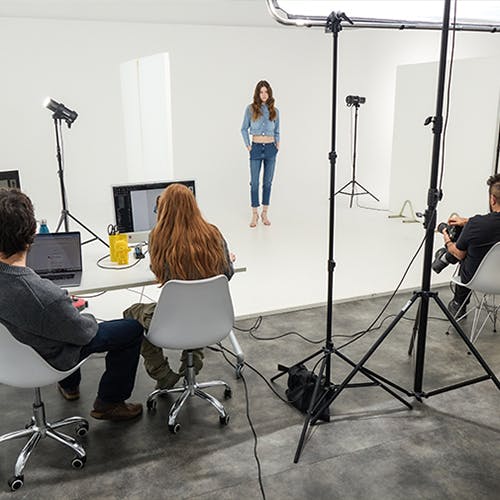belong to everyone
Retail, community and values: Teddy's model for the future of fashion
What does it mean to do business in fashion retail today? What are the challenges brands face to stay relevant in an ever-changing market? And above all, what role do values play in this scenario? These questions were answered by Alessandro Bracci, President and CEO of the Teddy Group, in an interview with 'Italia Oggi'. His words outline a vision of business that goes beyond the concept of sales and embraces a broader dimension made up of belonging, community and social impact.

In recent years, the fashion retail sector has faced radical changes, amidst technological innovations, new consumer attitudes and global economic challenges. There are those who say that the sector faces difficulties, but Alessandro Bracci, President and CEO of the Teddy Group, interviewed by Carlo Valentini in 'Italia Oggi', offers a different interpretation: "The world of fashion retailing still has a lot to give. It aims at a vision of fashion that is inclusive rather than exclusive”. This vision embodies the core values of Teddy, a company that has always strived to make fashion accessible and, above all, capable of building authentic relationships between people.
The concept of inclusion is therefore not just about affordability, but about a way of doing business that honours diversity, is sensitive to the needs of those we meet and promotes a dialogue with the customer based on shared values. It is not just about offering products, it is about telling a story and about creating a sense of belonging.
Teddy has adopted an approach to fashion retailing that combines accessibility and value, where the customer is not just a consumer, but part of a larger community. Inclusion becomes a real strategic driver: a fashion model of "including, not excluding" actually means creating an experience where everyone can feel welcome, accepted and part of a greater whole.
Our vision of retail does not, therefore, end with selling, but expands to include people, cooperation and an ecosystem of relationships. Fashion becomes a catalyst to connecting, to having a positive impact and to creating an authentic bond between business and community. And it is precisely this approach that is now proving to be a key competitive driver: in an increasingly volatile and uncontrollable marketplace, the brands that are able to build authentic connections will be the ones that succeed in the long term.
The interview also focuses on sustainability, a fundamental responsibility for any company that wants to be competitive in the marketplace. According to Bracci, today's consumers are increasingly aware of the environmental impact of their choices, but they also face severe economic constraints: "Purchasing is now also driven by low spending budgets due to the high cost of living. This puts the onus on brands to deliver maximum value to the customer while maintaining affordable prices”.
Sustainability is therefore not just a matter of materials or manufacturing processes, but must be addressed with a broader and more responsible approach, capable of combining ethics and accessibility, through practical and measurable choices (such as the decision to increase the use of cellulose fibres and recycled cotton, which have a low environmental impact).

When talking about Italian fashion retail, the topic of Made in Italy is unavoidably present. But what does it mean to be an Italian brand in today's global marketplace? Bracci emphasises that Made in Italy continues to have great appeal for international markets but also highlights the challenges that the sector has to face: "Made in Italy faces competitive challenges that involve the whole of the country's ecosystem, starting with the demographic issue and that of the supply chain innovation”.
The strength of Made in Italy lies not only in the quality of its products, but also in its ability to innovate, anticipate trends and adapt to change. Teddy has chosen to face this challenge with a solid and strategic international expansion: "Of the 800 points of sale, almost 50% are abroad, in 39 countries. And if we count the wholesalers, our products reach 79 countries". A growth model that shows how it is possible to take Italian style and creativity to the world without losing sight of the values that underpin it.

Another crucial aspect of the future of fashion retail is the relationship between stores and online sales. If it was once thought that e-commerce would replace traditional retail, it is now clear that the challenge is to integrate the two worlds into an omnichannel experience. “The business is now omnichannel, with the customer at the centre, of course, who must be welcomed in both physical and online stores and guided along a path of satisfaction", says Bracci.
This is one of the elements that characterises the Teddy model: considering digital and in-store retail not as two competing realities, but as two complementary elements. Around 80 per cent of sales are made digitally, but the in-store experience remains an essential point of reference for the customer. The aim is to create a fluid and consistent experience across all channels, always focusing on the value of human relationships.
But what really makes the Teddy model unique is the way the company conceives of its social role. For us, doing business is not just about making a profit, it is about creating value for society. This approach is rooted in the history of our founder, Vittorio Tadei, and finds one of its most concrete expressions in the Cittadinanza d'Impresa project: “It aims to create a corporate community that responds to other's needs, with a particular focus on young people and the integration of vulnerable people into the workforce”, explains our CEO.
In addition to supporting social projects, Teddy actively involves its employees, allowing them to propose initiatives for social causes with which they are personally connected. In this way, the value of solidarity becomes an integral part of the company's culture, transforming the workplace into a development space, not only from a professional perspective, but also from a human one.


What is evident from Alessandro Bracci's words is a corporate vision that goes beyond the idea of selling. Teddy shows that it is possible to combine competitiveness and responsibility, innovation and tradition, growth and care for people.
Seen from this perspective, fashion is not just a business, but a language for expressing values, building community and creating positive impact. And it is precisely this ability to combine business with a sense of belonging that makes us a model to be followed in the fashion retail scene.
Read the full interview here.